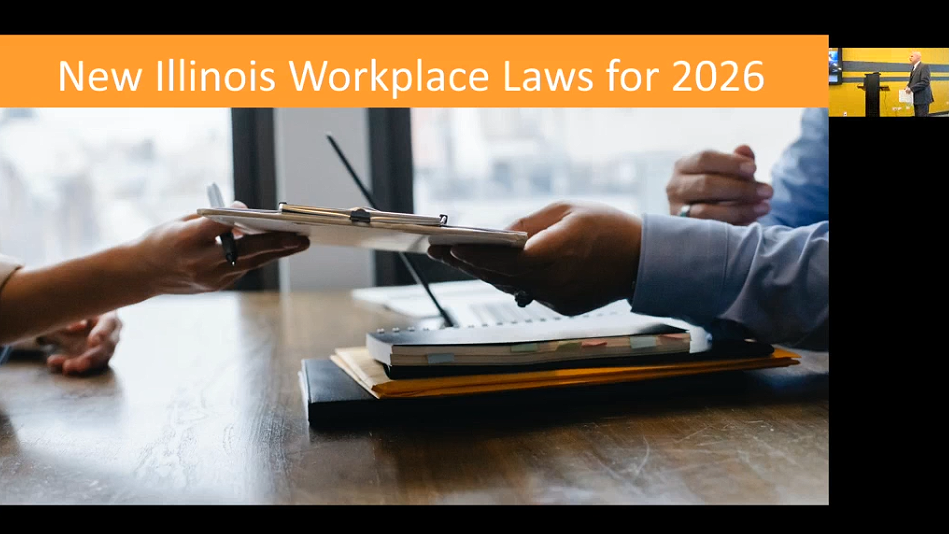ESOP Repurchase Obligations in Bankruptcy - a Podcast
Roman Perchyts • July 7, 2020
An employee stock ownership plan (an “ESOP”) is a type of employee benefit plan regulated by the Internal Revenue Code (the “Code”) and the Employee Retirement Income Security Act of 1974 (“ERISA”). Employees who are ESOP participants are in many ways treated similarly to shareholders of their company. This applies to bankruptcy as well, which means that ESOP participants are effectively “last in line” and usually get nothing if the company is liquidated. However, recent case law suggests that this treatment may not apply to repurchase obligations toward former employees. Repurchase obligations may be treated as debt, which may give an ESOP participant higher priority in bankruptcy putting them next in line after the senior secured lender. In this podcast, Lavelle Law attorney Roman Perchyts answers questions about ESOPs and bankruptcy and addresses concerns that banks may have regarding the priority of repurchasing obligations in bankruptcy.
More News & Resources
Lavelle Law News and Events

Beginning 3.1.26, new federal regulations issued by FinCEN will significantly affect how certain residential real estate closings are handled. Issued under the authority of the Bank Secrecy Act, the rule requires the reporting of specified non-financed residential real estate transfers involving legal entities & trusts











